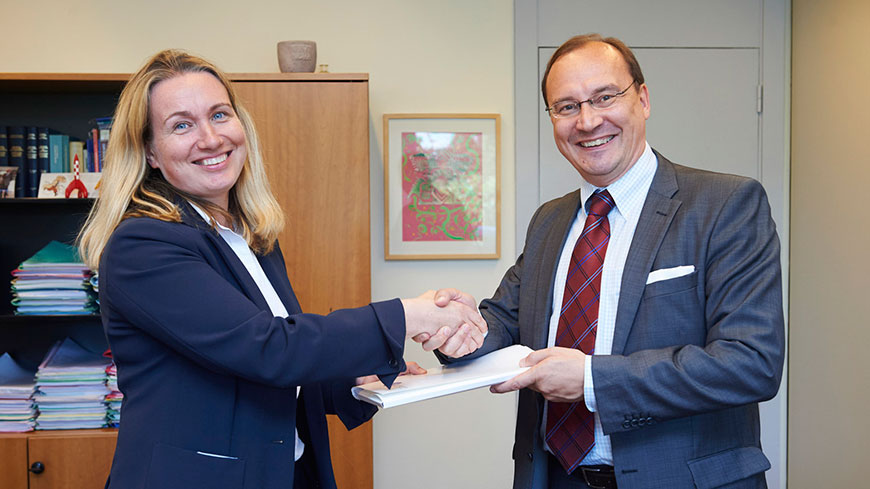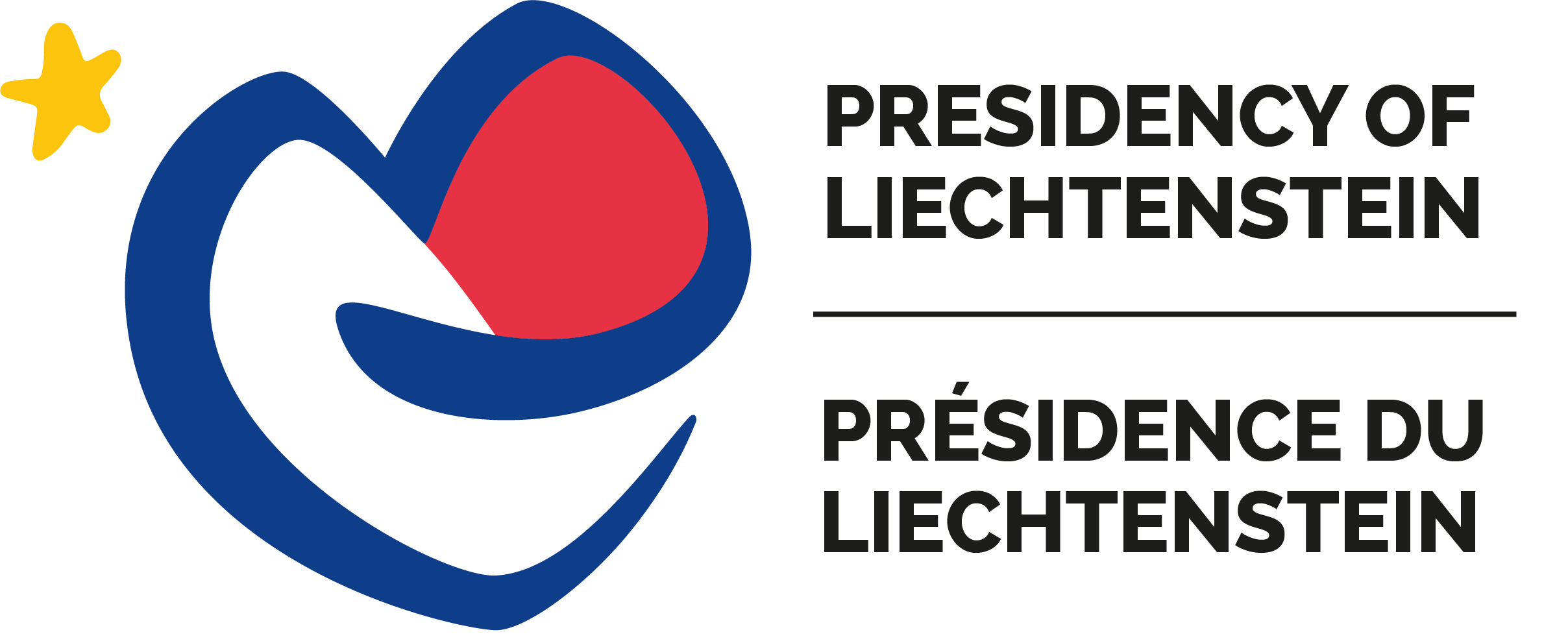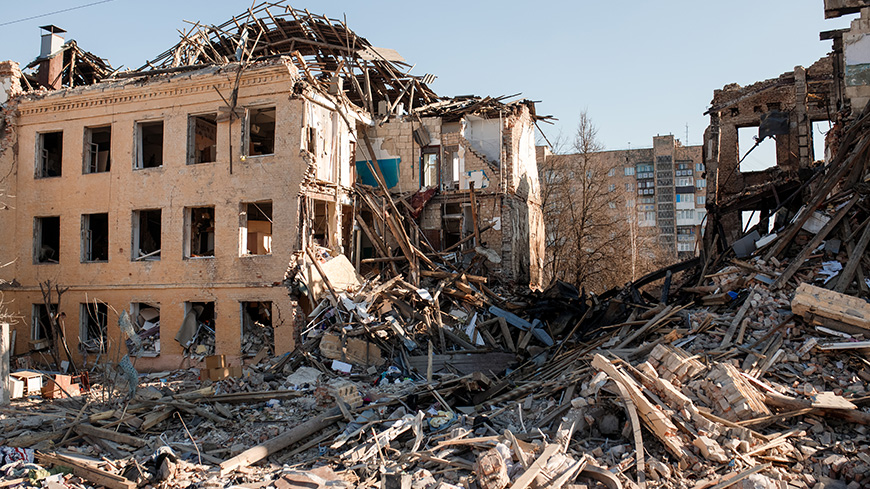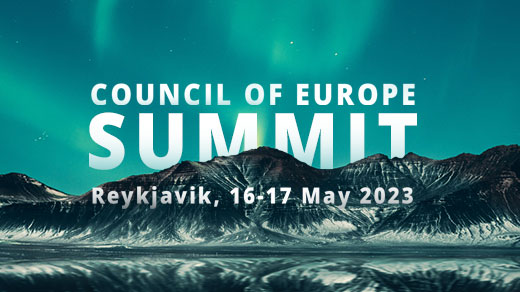From residential and online training courses on human rights to intercultural dialogue, a new three-year project – iLEGEND – will strengthen global development education throughout Europe.
iLEGEND, (Intercultural Learning Exchange through Global Education, Networking and Dialogue) will foster inclusive and equitable education to promote peaceful and inclusive societies. Launched today by the European Commission and the Council of Europe, iLEGEND will promote global development education in school curricula.
Global development education helps students understand an increasingly interconnected world, and appreciate economic, political, environmental and cultural challenges that people from different countries face, from north to south.
The project will assist youth workers and educators in non-formal education sectors as well, which are not regulated or certified by national authorities, such as international youth exchanges and youth conferences.
Carried out by the North-South Centre (NSC) of the Council of Europe, which has more than 20 years of experience in this field, iLEGEND activities also will include capacity building and awareness-raising initiatives, such as seminars and workshops that will mobilize representatives from governments, parliaments, local and regional authorities and civil society.
With a €1.3m budget, iLegend will be financed 75% by the EU’s Development Education and Awareness Raising programme (DEAR) and 25% by the Council of the Europe.
Notes for editors
The project is fully in line with the United Nation’s Goal 4 of Agenda 2030 on Sustainable Development: to “Ensure inclusive and equitable quality education and promote life-long learning opportunities for all”.
The Development Education and Awareness Raising (DEAR) programme aims to inform EU citizens about development issues, mobilise greater public support for action against poverty, give citizens tools to engage critically with global development issues, foster new ideas and change attitudes. It is implemented by civil society actors and local authorities in EU and acceding countries.
The European Centre for Global Interdependence and Solidarity, more commonly known as the North-South Centre fulfils a dual political role: representing "the voice of the South" within the Council of Europe, and promoting and transmitting the values of democracy and human rights that are central to the Council of Europe's mission in neighbouring regions. The objective of the NSC is that civil society, in particular youth and women, is empowered through intercultural dialogue and global development education (GDE) to play an active role in member States and neighbouring regions.







